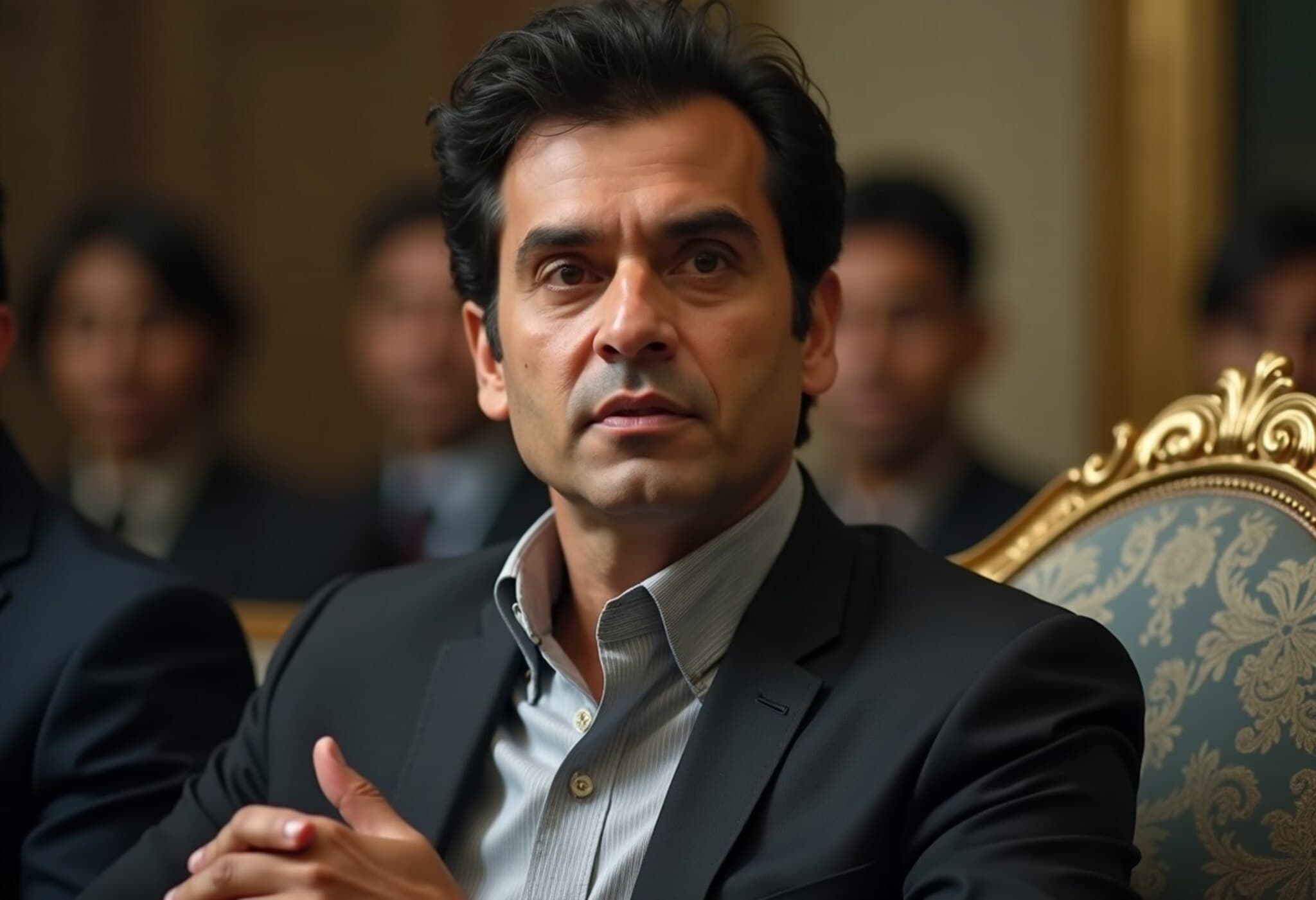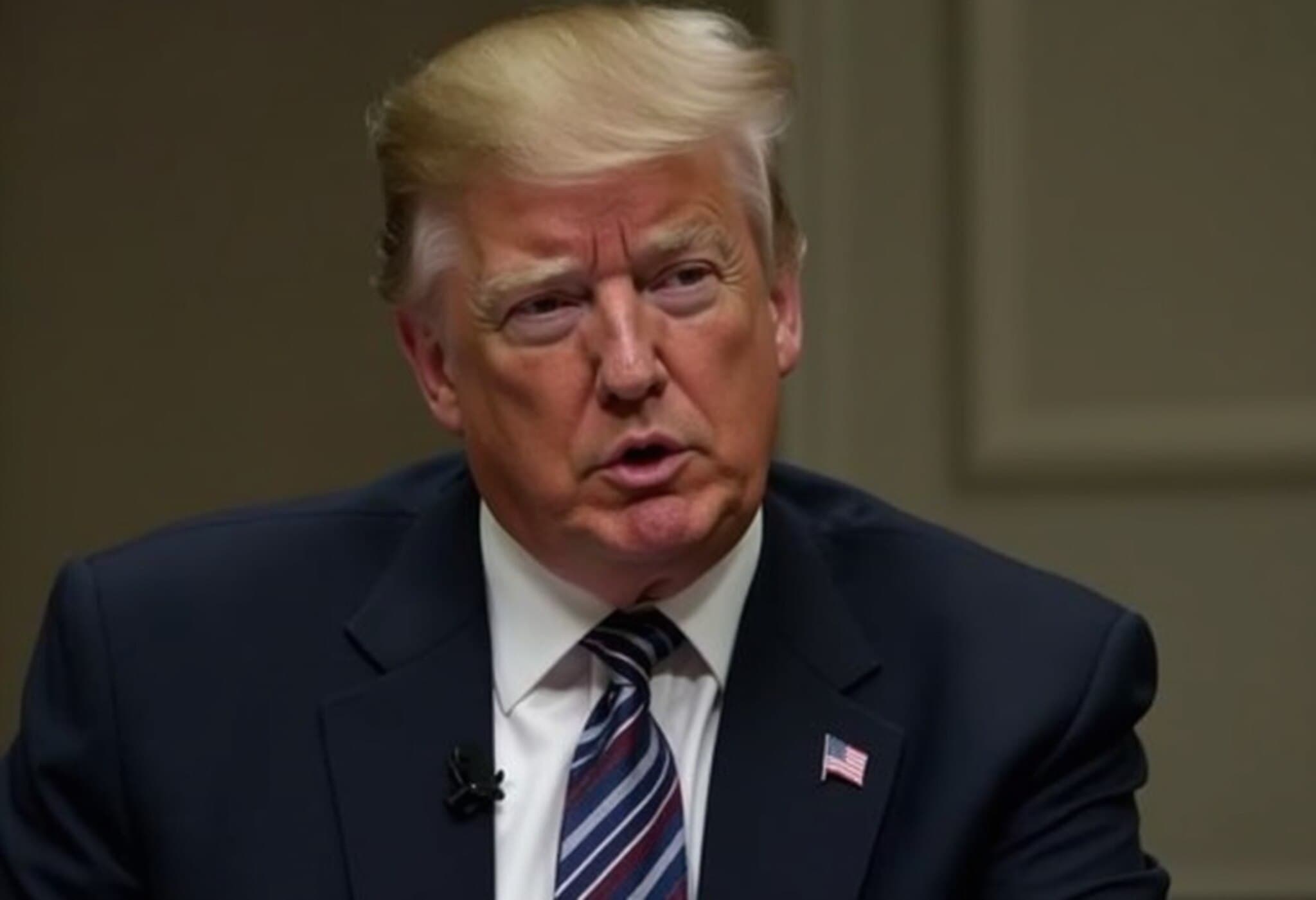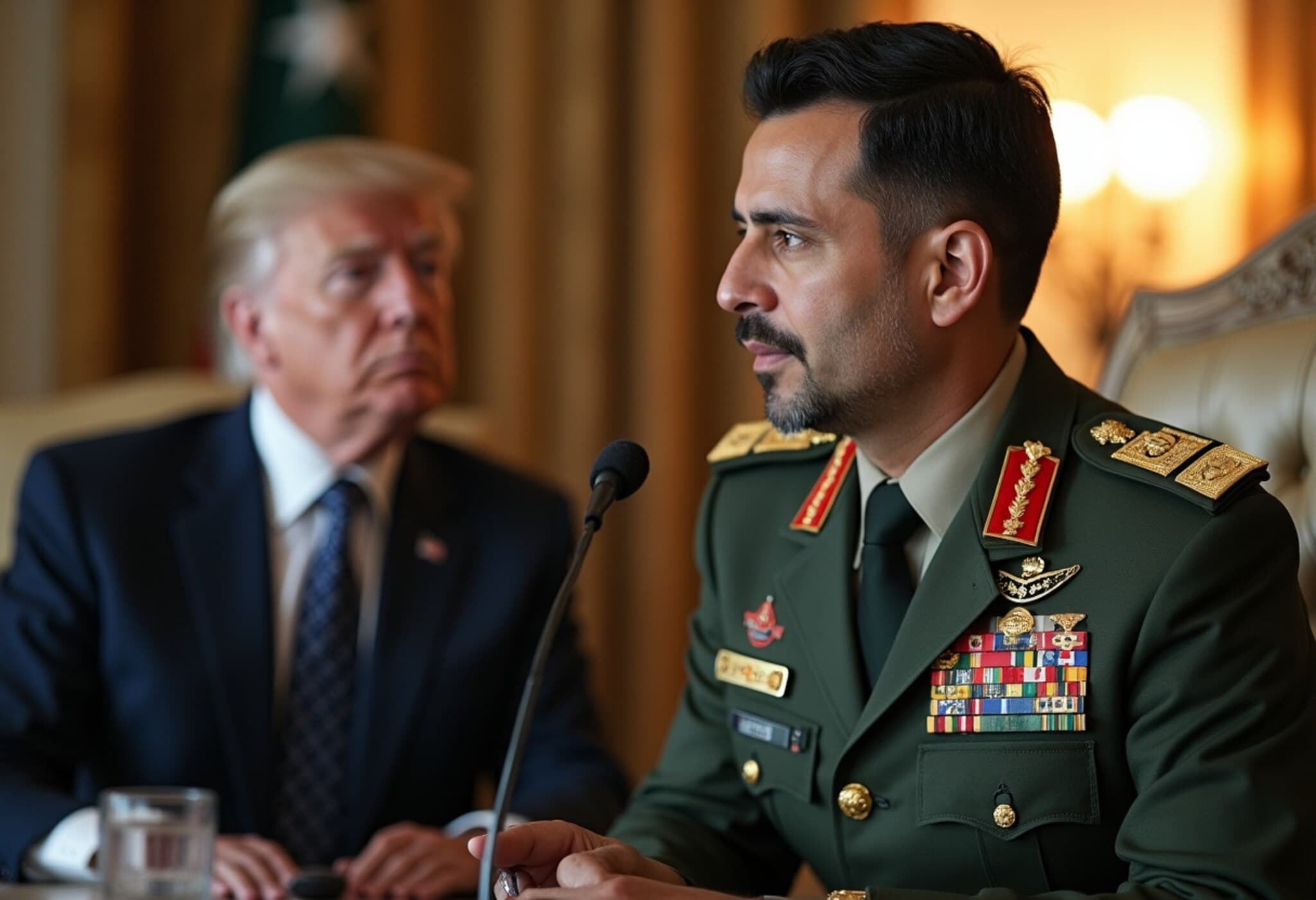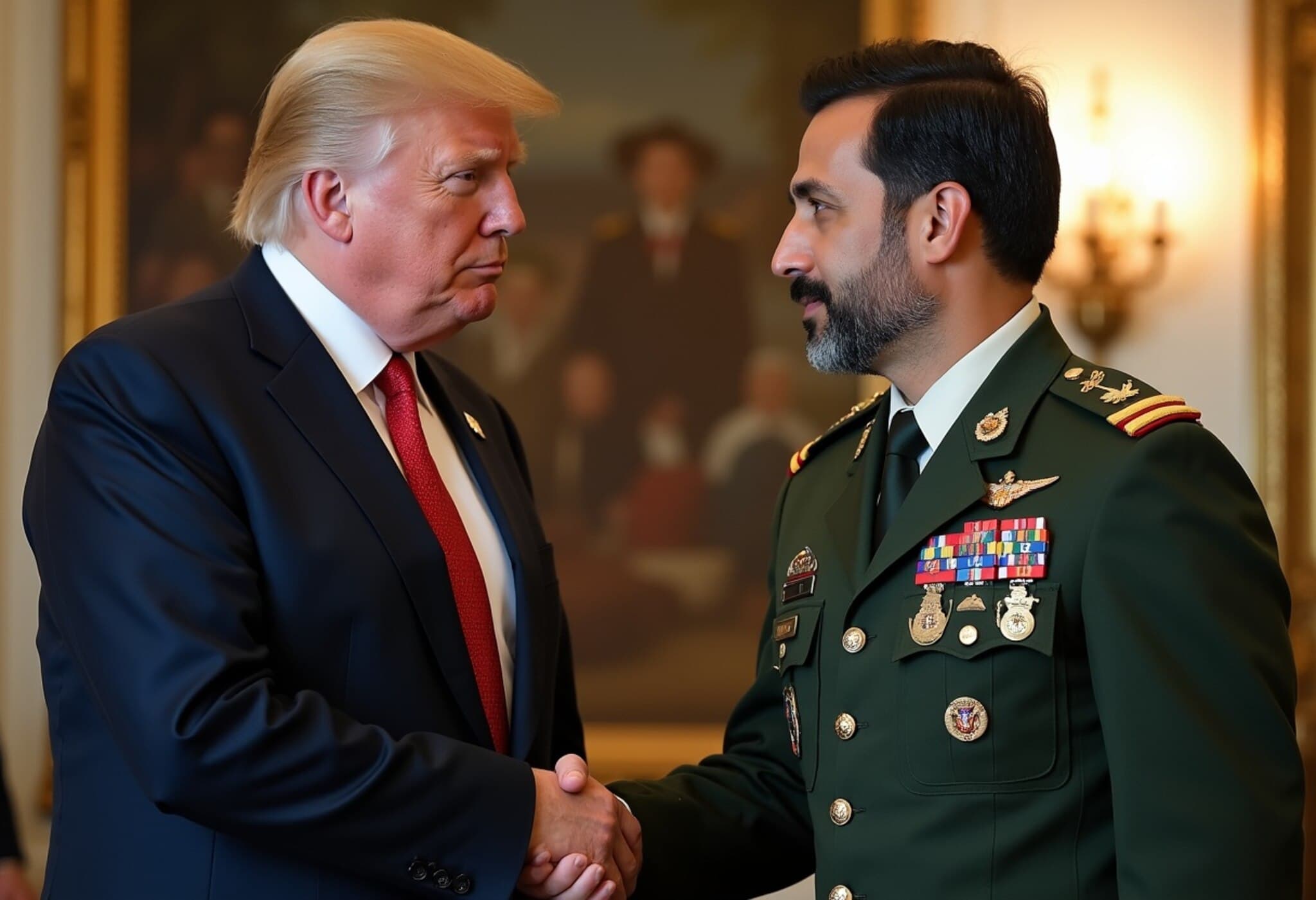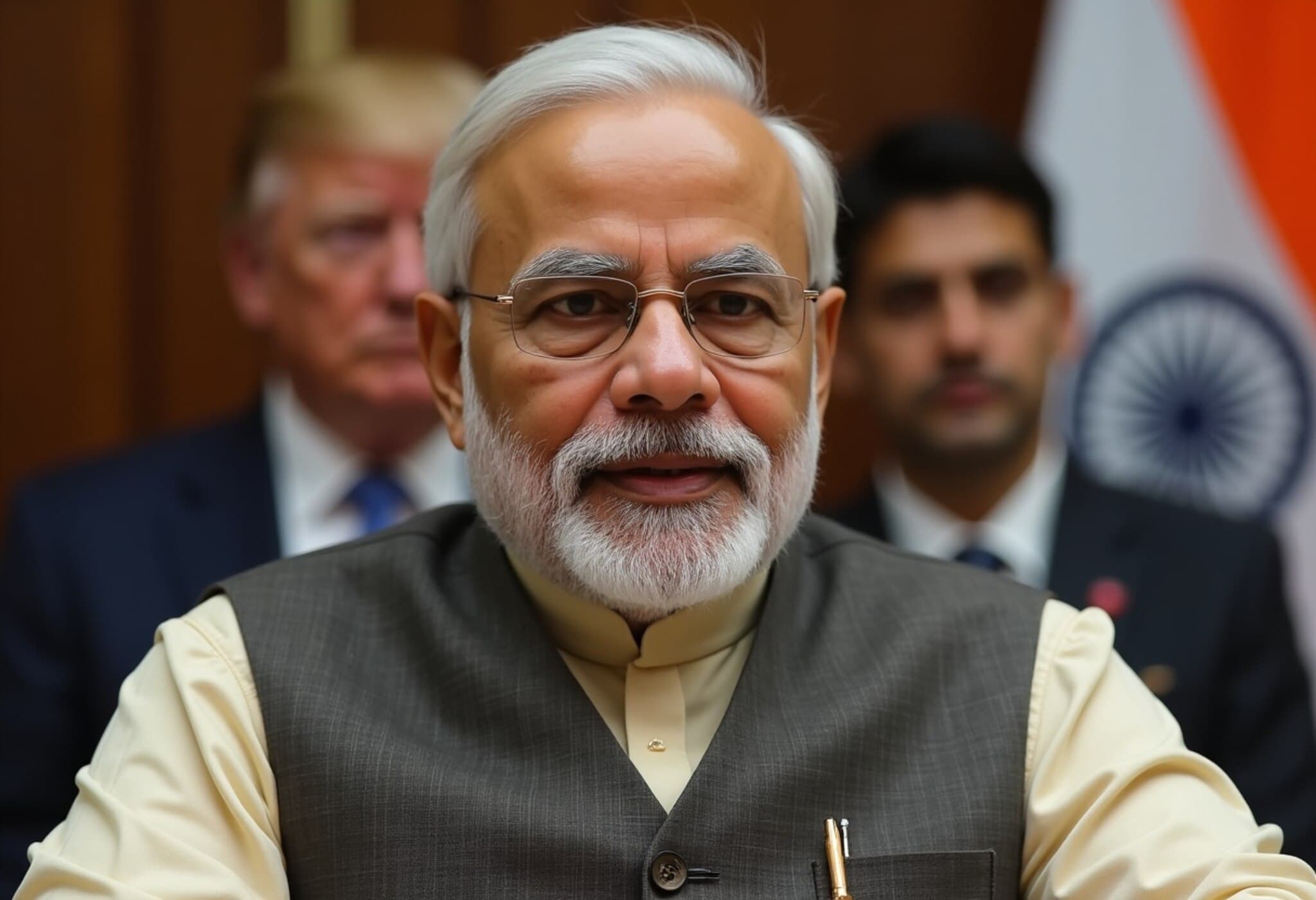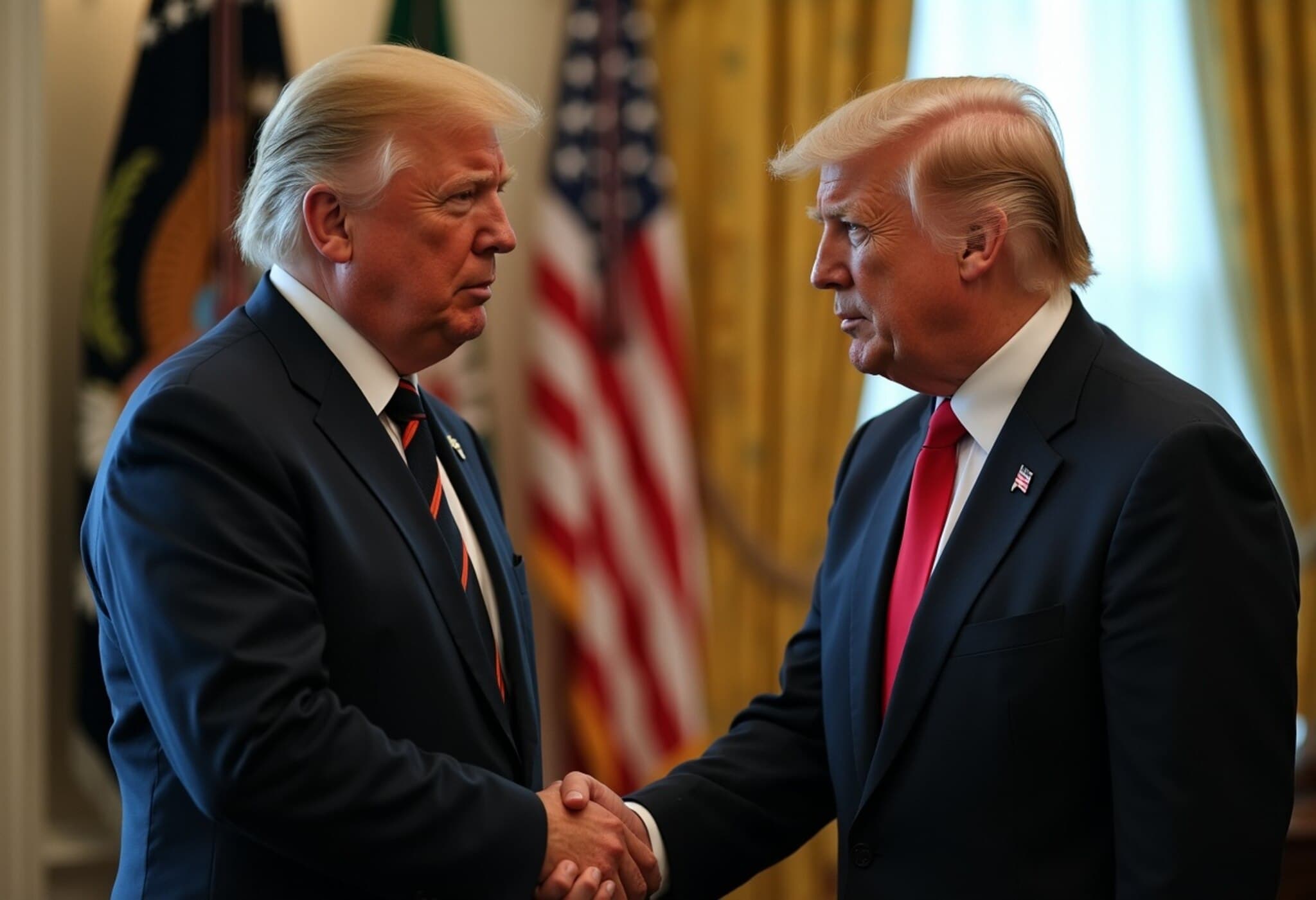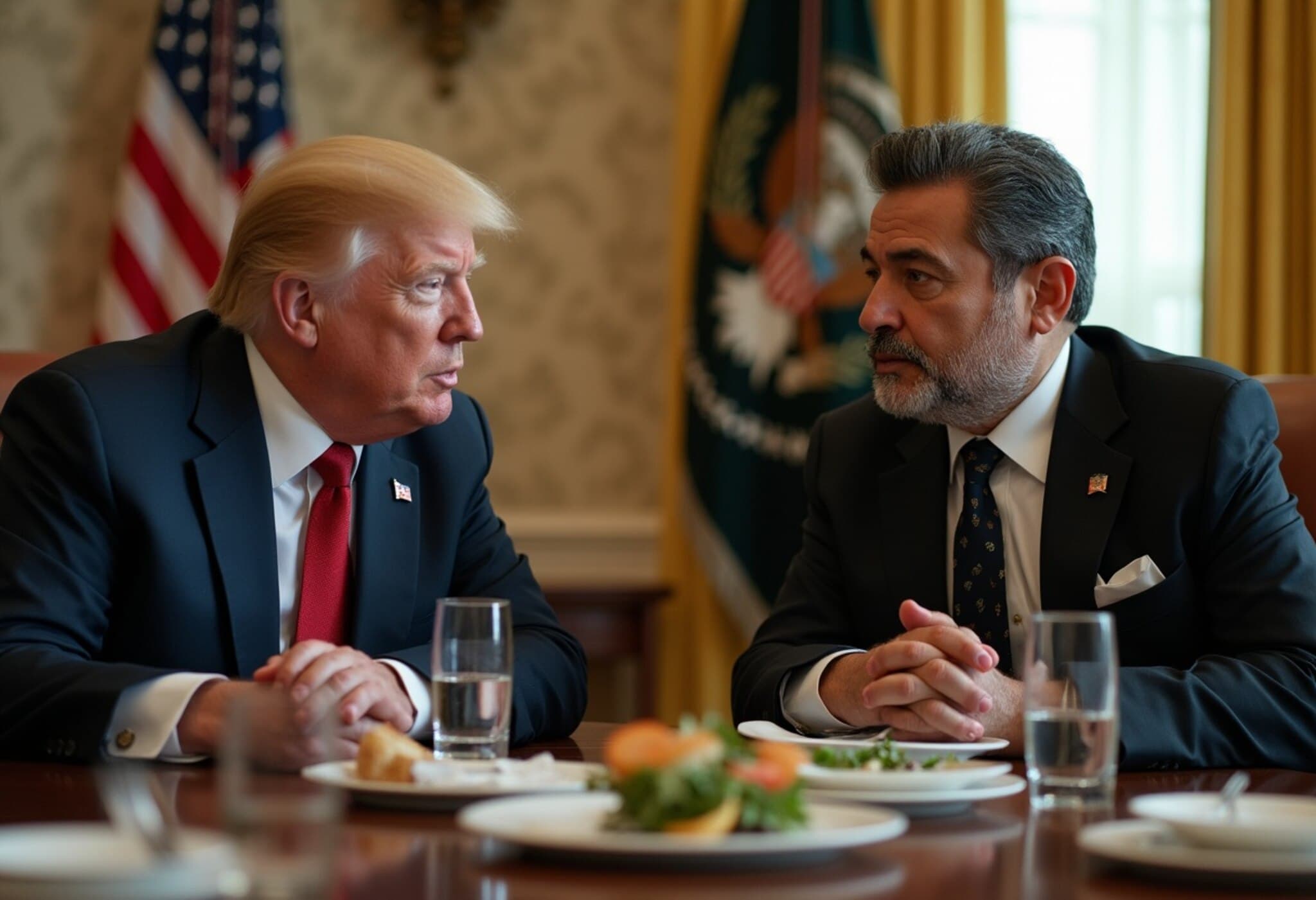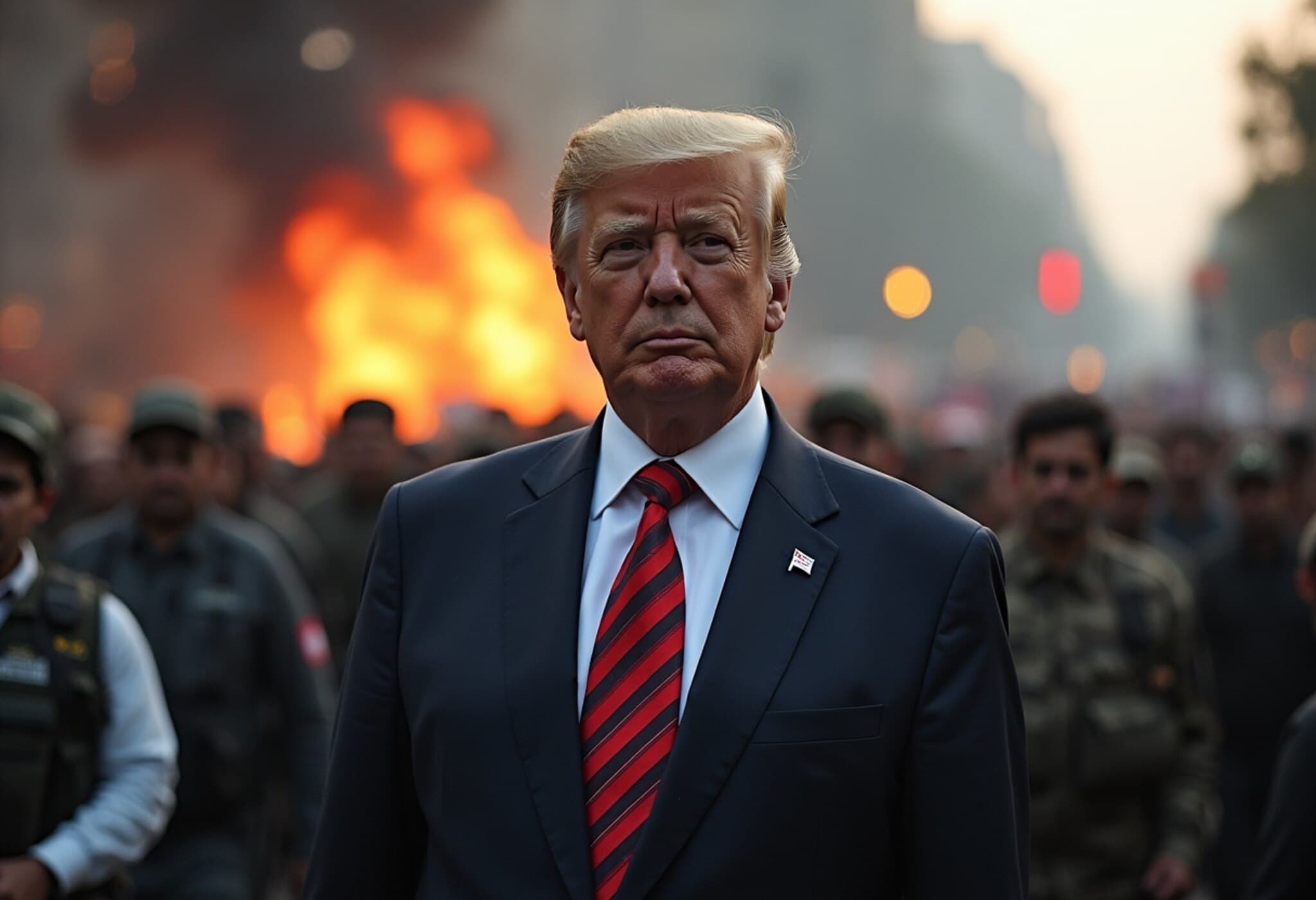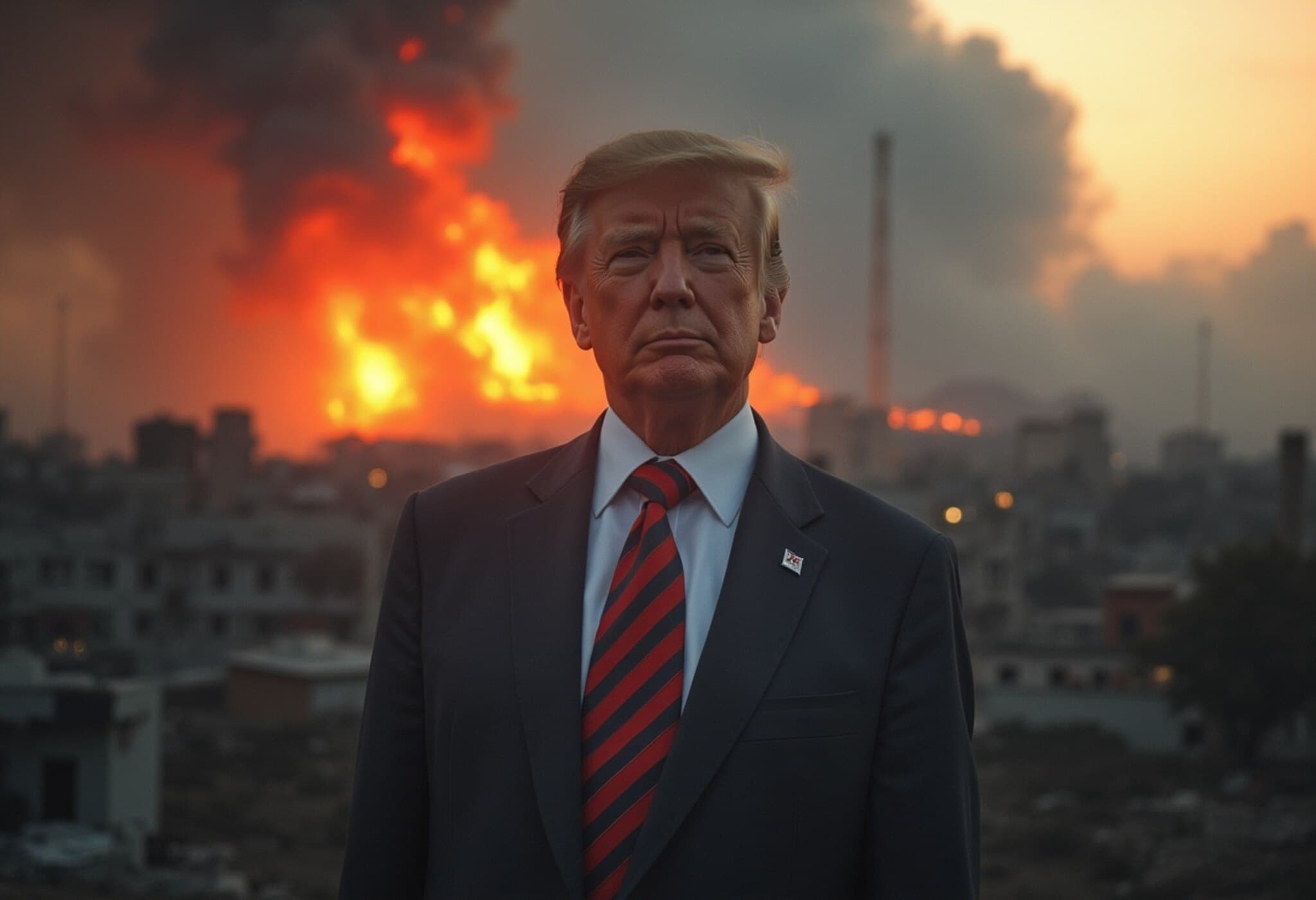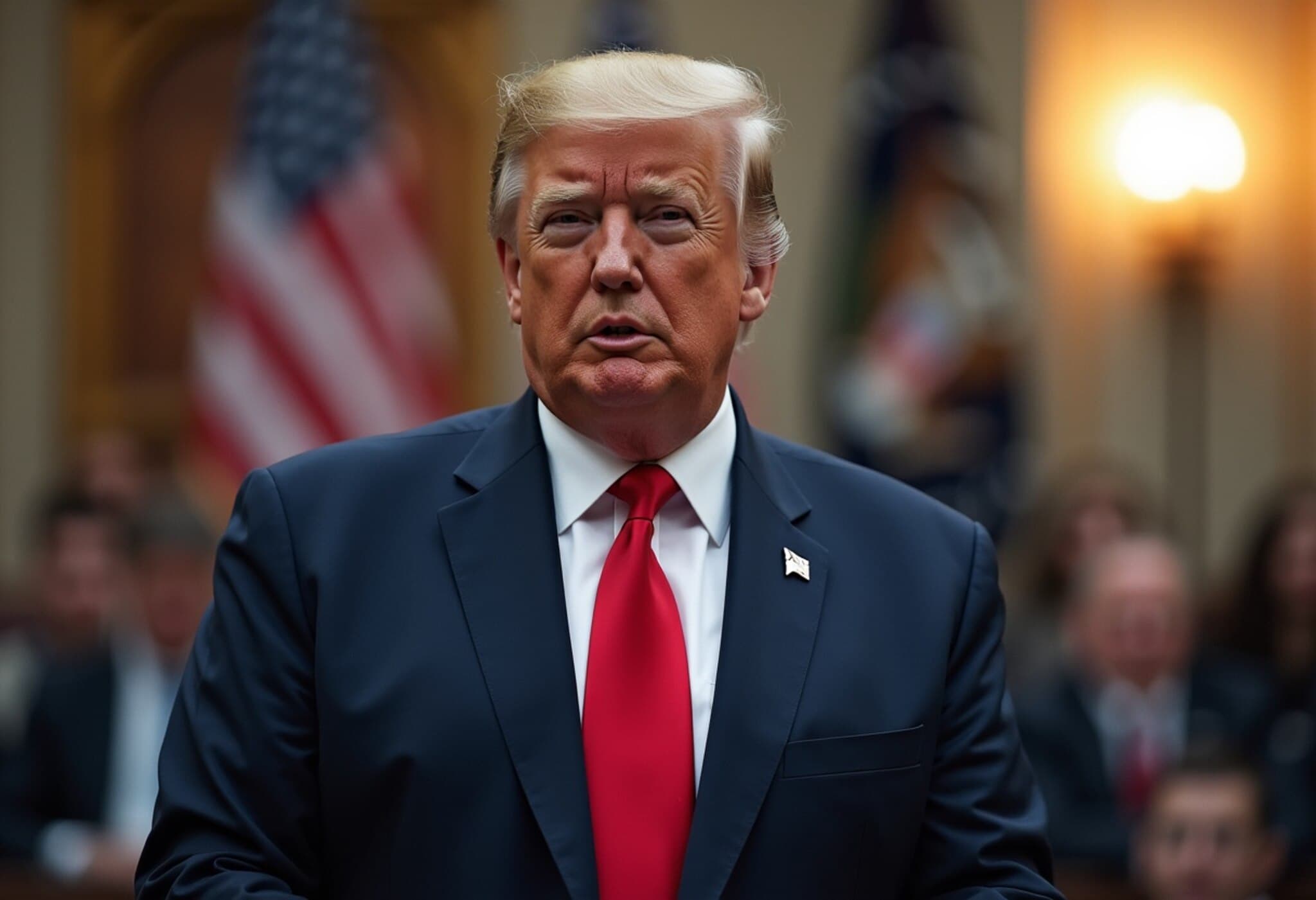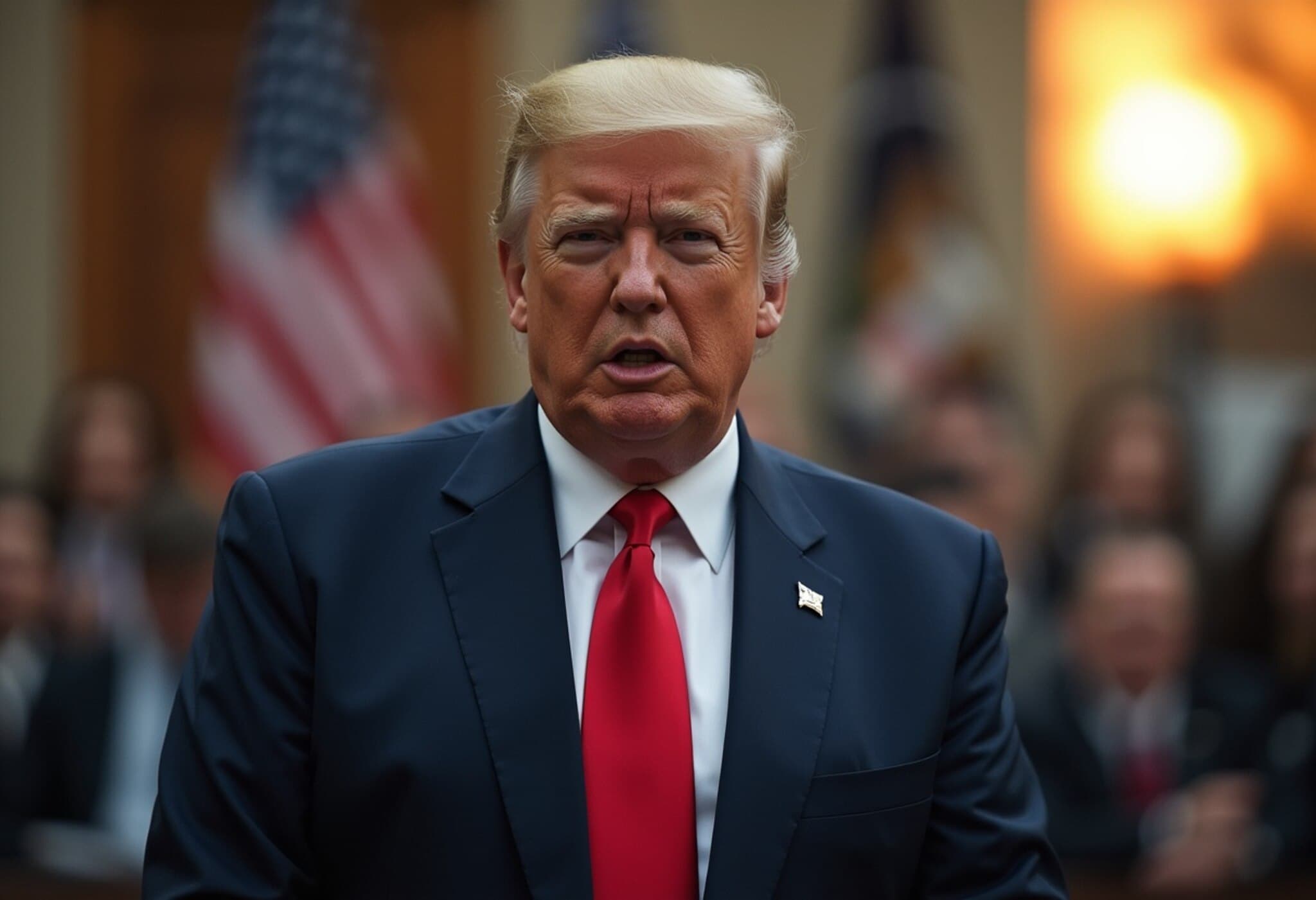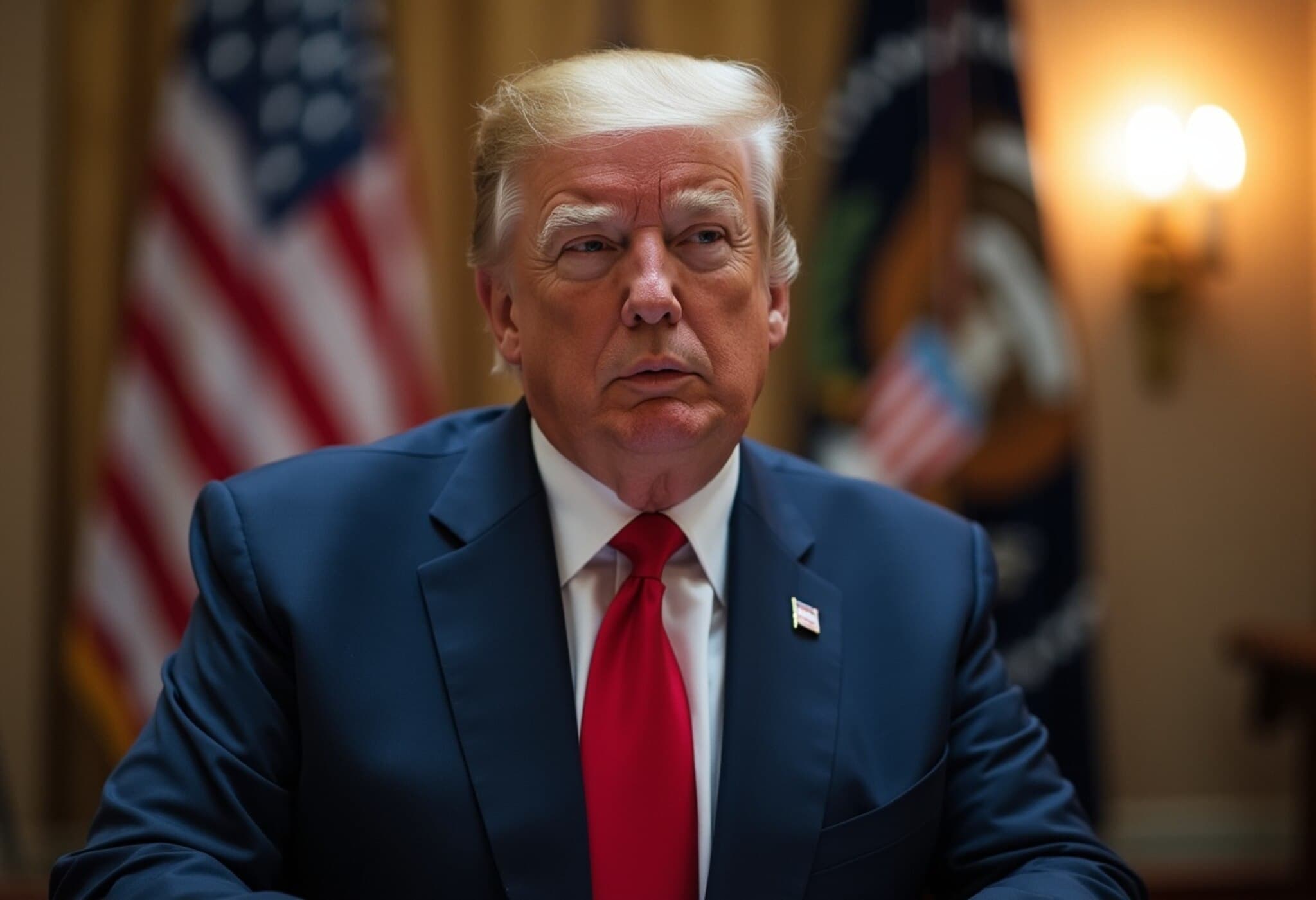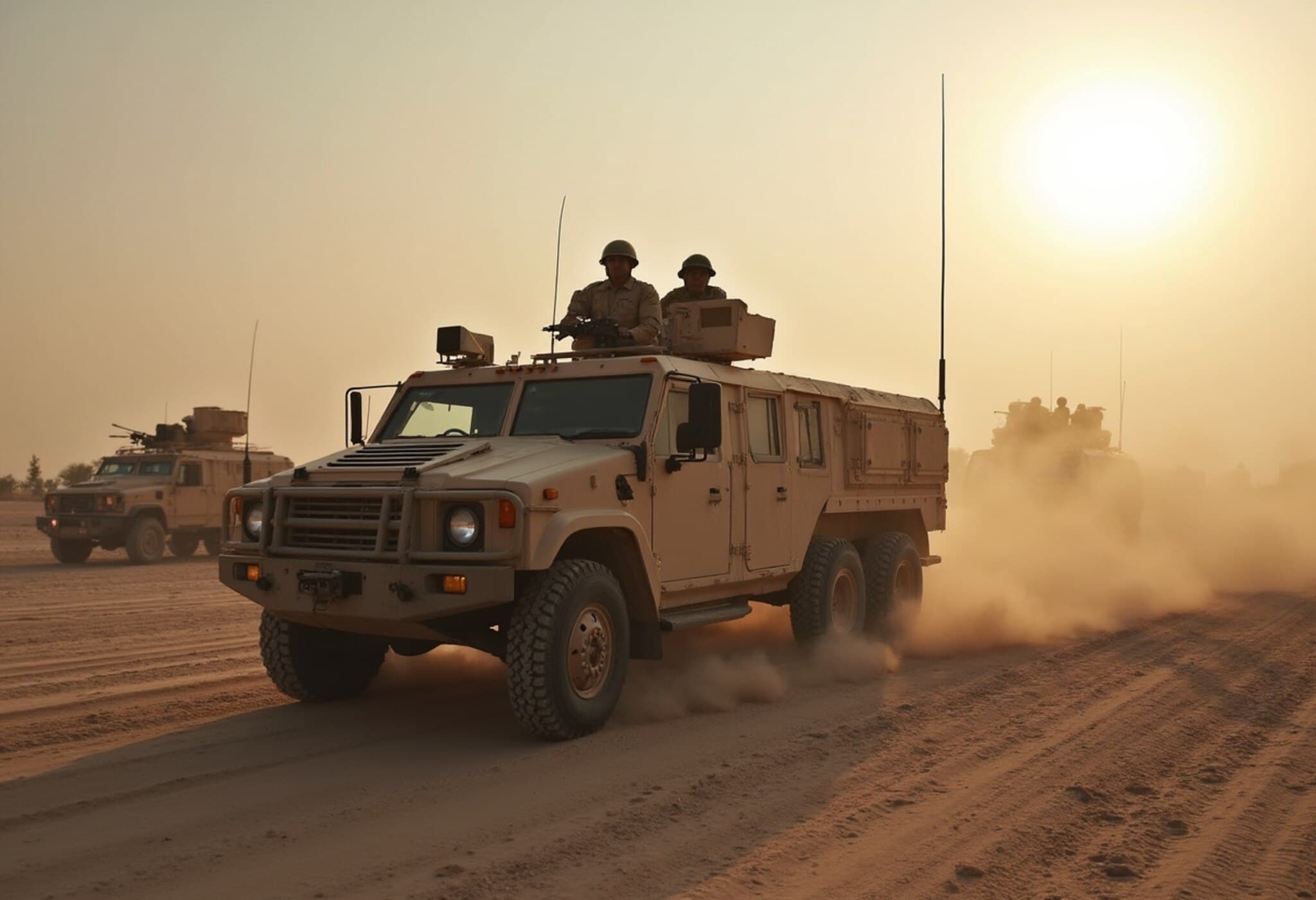Pakistan's Contrasting Stance: Nobel Nomination Meets Sharp Criticism
In a striking diplomatic juxtaposition, Pakistan has officially nominated former US President Donald Trump for the 2026 Nobel Peace Prize for his role in mediating the recent India-Pakistan conflict. Yet just a day later, Islamabad condemned the United States’ missile strikes on Iranian nuclear facilities, calling the attacks a violation of international law.
Condemning the US Strikes on Iran
Following the American air and submarine assault on three vital nuclear sites in Iran — Fordow, Natanz, and Esfahan — Pakistan’s foreign ministry expressed grave concern over the potential for escalating tensions in the region. The statement emphasized:
- That the attacks contravene established norms of international law.
- Iran’s right to self-defense under the United Nations Charter.
- The serious threat these escalations pose to regional and global stability.
Islamabad also urged for a swift de-escalation through dialogue and diplomacy, highlighting that peaceful negotiations aligned with the UN’s principles remain the only viable solution to the ongoing crisis.
Context: The India-Pakistan Conflict and Trump’s Nobel Nomination
The nomination of Donald Trump for the 2026 Nobel Peace Prize acknowledges his decisive diplomatic interventions during last month’s flare-up between India and Pakistan. The escalation began after a terror attack in Jammu and Kashmir's Pahalgam region on April 22, killing 26 individuals. Following evidence of cross-border terrorism, India launched targeted strikes on May 7 against terror camps in Pakistan and Pakistan-occupied Kashmir.
In retaliation, Pakistan countered with missile and drone attacks, which India successfully thwarted; India then attacked Pakistani airfields. A ceasefire was declared on May 10, effectively ending the hostilities.
Pakistan’s official announcement applauded Trump’s pivotal leadership in helping to manage the volatile situation between the two nuclear-armed neighbors.
US Declaration: Successful Strikes on Iran’s Nuclear Sites
President Trump publicly declared the attacks a “spectacular military success,” claiming the obliteration of Iran’s key nuclear enrichment centers. Labeling Iran as the “bully of the Middle East,” he warned of further devastating strikes if Iran does not move toward peace.
“There will be either peace or tragedy for Iran far greater than we have witnessed over the last eight days,” Trump stated, threatening precision attacks on additional targets within minutes if diplomacy fails.
Pakistan’s Position Amid Rising Regional Tensions
Despite close geographical ties to Iran—sharing a 900-kilometer border—Pakistan’s response demonstrates the complex balancing act it faces amid growing regional conflicts. While championing diplomatic efforts in South Asia, Pakistan simultaneously denounced military aggression in the Middle East, highlighting the risks of escalation extending beyond local borders.
Looking Ahead
As international scrutiny intensifies on the unfolding Iran-related conflict, calls from Pakistan underscore the urgency of diplomatic conversations grounded in respect for international law to prevent further destabilization in the region.


